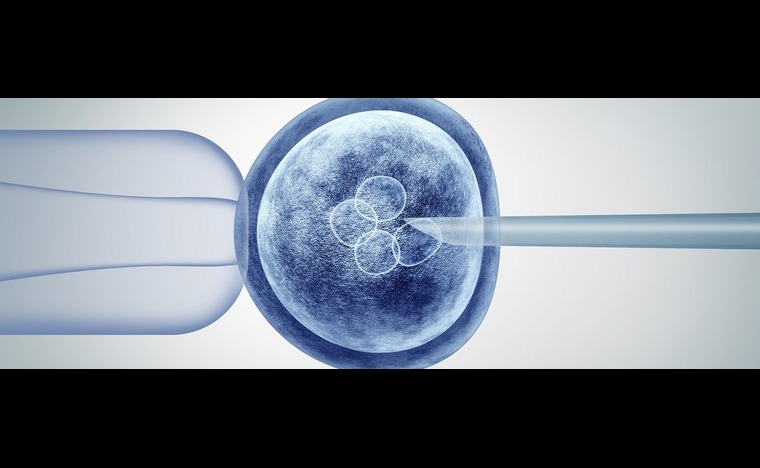Reproductive genetics is a field of medicine that focuses on the genetic aspects of human reproduction, including the inheritance of genetic conditions, genetic testing and counseling, and the application of genetic technologies in reproductive medicine. It encompasses various aspects of genetics related to reproduction, including:
Genetic Counseling: Genetic counselors play a crucial role in reproductive genetics by providing information and support to individuals and couples who are at risk of having children with genetic disorders. They help assess the risk of inherited conditions based on family history and genetic testing, discuss available options for testing and reproductive planning, and provide emotional support throughout the decision-making process.
Preconception Genetic Testing: Preconception genetic testing involves screening individuals or couples for carrier status of certain genetic conditions before conception. This allows couples to assess their risk of passing on genetic disorders to their children and make informed decisions about family planning. Common tests include carrier screening for conditions like cystic fibrosis, spinal muscular atrophy, and Tay-Sachs disease.
Prenatal Genetic Testing: Prenatal genetic testing involves screening or diagnostic tests performed during pregnancy to assess the risk of fetal genetic abnormalities. Screening tests, such as non-invasive prenatal testing (NIPT) and maternal serum screening, can detect common chromosomal abnormalities like Down syndrome, while diagnostic tests, such as chorionic villus sampling (CVS) and amniocentesis, provide more definitive information about fetal genetic conditions.
Preimplantation Genetic Testing (PGT): Preimplantation genetic testing is a technique used during in vitro fertilization (IVF) to screen embryos for genetic abnormalities before implantation in the uterus. PGT can help identify embryos free of chromosomal abnormalities (PGT-A), single gene disorders (PGT-M), or structural rearrangements (PGT-SR), reducing the risk of passing on genetic conditions to offspring and improving the success rates of IVF.
Reproductive Genetic Technologies: Advances in reproductive genetics have led to the development of various technologies aimed at preventing or treating genetic disorders. These include mitochondrial replacement therapy (MRT), which involves replacing faulty mitochondria in eggs or embryos to prevent the transmission of mitochondrial diseases, and gene editing techniques like CRISPR-Cas9, which hold potential for correcting genetic mutations in embryos.
Ethical and Legal Considerations: Reproductive genetics raises complex ethical and legal issues related to genetic testing, embryo selection, and the use of genetic technologies in assisted reproduction. Ethical guidelines and regulations govern the use of reproductive genetic technologies to ensure their responsible and ethical application.


